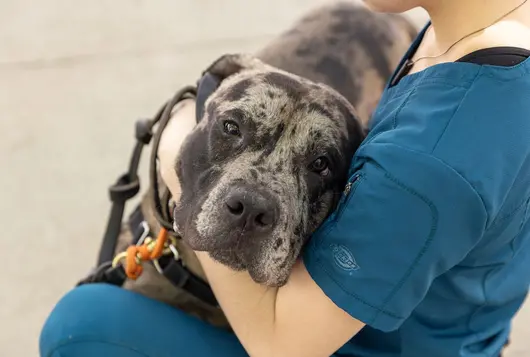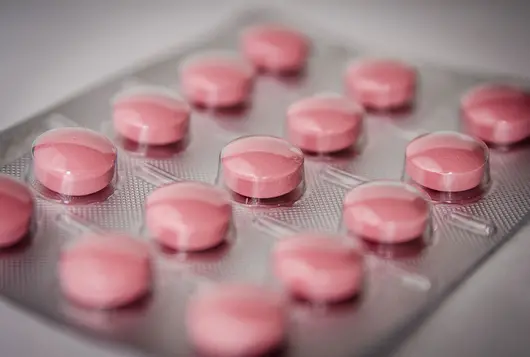Fipronil Intoxication in Rabbits

Mr. Bunny, a Florida White Rabbit, is a 3-year-old castrated male. His owners noticed he was scratching more than normal and applied a single monthly dose of an over-the-counter cat fipronil product dermally between the shoulder blades.
Five days later, Mr. Bunny seems lethargic and anorexic and he is brought to your hospital.
What's Your Next Step?
- Mr. Bunny is not having seizures, so the signs are not related. You bathe the rabbit and send him home and have his owners monitor for seizure activity.
- Start Mr. Bunny on antiepileptics and send him home for monitoring for seizures.
- Hospitalize Mr. Bunny for IV fluids and nutritional support until he is eating and drinking normally. Monitor for seizures and treat with antiepileptics as indicated.
- Recommend euthanasia for Mr. Bunny, because all rabbits exposed to a fipronil product will die.
Option 1 is not the best answer because although seizures are the most significant and concerning sign with fipronil intoxication, we do commonly – thought not always – see GI signs and depression prior to tremors and seizures. Additionally, bathing after 48 hours post exposure is not likely to be very effective in removing the product.
Option 2 is not the best answer, as we would typically wait to see seizures before starting antiepileptics.
Option 4 is not the best answer. Although seizing rabbits do carry a guarded prognosis, there have been several cases of full recovery with appropriate treatment. Additionally, some rabbits that show the initial GI signs do not progress to CNS signs. A recommendation of euthanasia would be premature at this point.
Option 3 is the best plan. Rabbits exposed to fipronil will commonly have GI signs and lethargy prior to seizures, and the GI signs do warrant treatment. Anorectic rabbits will have much higher water intake requirements, and if they are also adipsic, they can suffer life-threatening dehydration quickly. Fluids and nutritional support are indicated for these cases.
Rabbits can develop seizures up to 20 days post exposure. Once Mr. Bunny's gastrointestinal signs have resolved, and he is discharged, he should still be monitored for 3 weeks for the onset of seizure activity. If seizure activity does occur, a benzodiazepine would be indicated for treatment. Some rabbits have had mild seizure activity that has lasted a couple weeks, so a short therapeutic course of antiepileptics may be indicated.
Reports about seizures following the application of fipronil to rabbits were first published in 1999. Based on information in the ASPCA toxicology database, rabbits can develop seizures within the first few days post exposure, but it is also possible to see seizures develop much later. Often, rabbits will develop adipsia, anorexia, and/or lethargy prior to the onset of seizures. Seizures can last for several days to a couple of weeks. Prognosis is guarded in rabbits exhibiting seizure activity, although some rabbits can recover with good supportive care and antiepileptic medications.
More APCC Resources
What were the 10 most frequently called-about issues to the APCC in 2013? Read the list and download a poster
What toxins caused the most reported deaths of pets in 2013? Read the APCC's list
Visit us on Facebook for daily APCC news and conversation.
Sign up for the monthly APCC newsletter here.
We have lots more on this subject:



